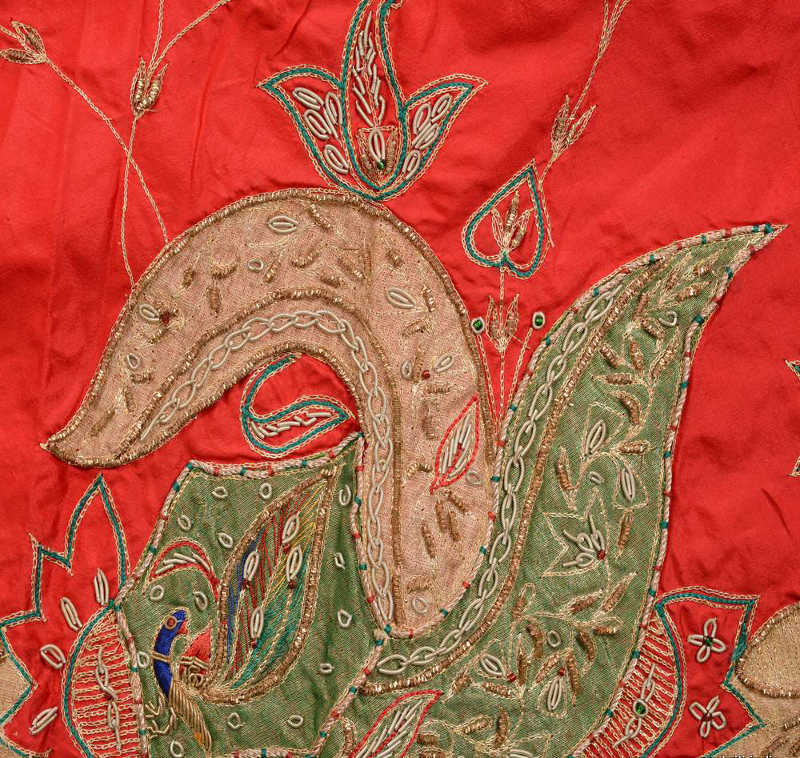===
0387,
3
===

=== |
 |
vasvās : 'Anything suggested to the mind; an evil inspiration, a temptation of the devil; —distraction of mind; —doubt, suspicion; suspense; hesitation, apprehension, dread, perplexity; scrupulousness; fluctuation (of mind), wavering'. (Platts p.1192)